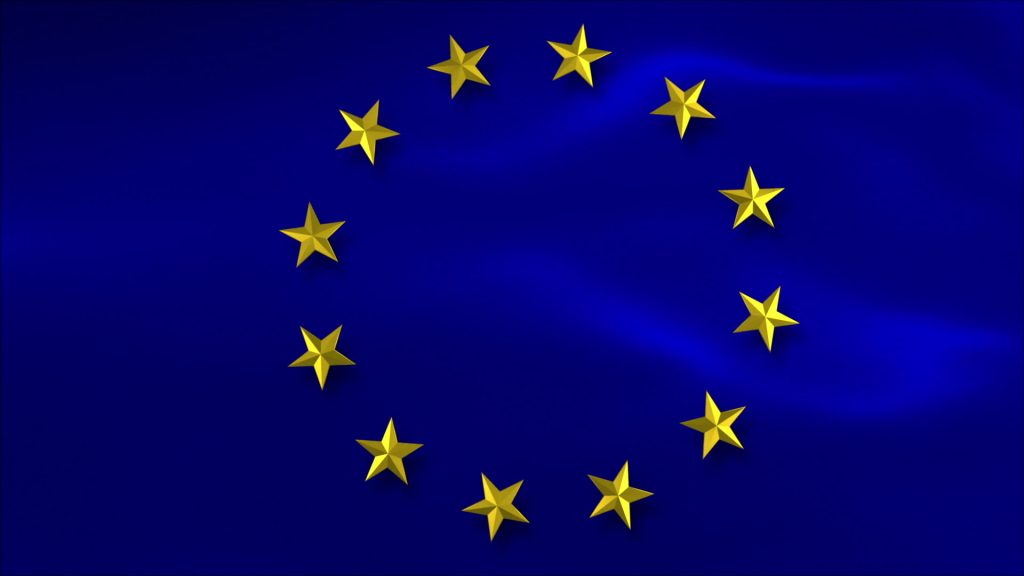The European Parliament has repeatedly tried to implement Article 11 and Article 13 as a part of its Copyright Directive overhaul, with the former being a “link tax” and the latter is set to introduce an intrusive upload filter. After a number of delays and changes to the text, member states have voted in favour of the two, renaming them Article 15 and Article 17 respectively.
The plans were initially introduced in 2016 but gained attention last year for their radical approaches to copyright on the internet. Although the Directive has been highly contested, lambasted by the general public, yet declared a necessity by copyright holders.
Today’s vote showcased that the want for a new Copyright Directive is certainly there, as the proposal to dismiss the entire document was rejected with 443 votes against and 181 in favour. The vote to allow for further amendments was much closer, with just 312 in favour compared to 317 against.
With 348 Members of Parliament in favour of the document as it currently stands and just 274 against, the European Parliament has adopted the new Copyright Directive, containing the newly named Article 15 and Article 17.
Under Article 17, previously known as Article 13, sites that host user-generated content that have been available for more than three years, earn over €10 million and have more than five million unique monthly visitors will be required to either actively license content from the original copyright holders or purge all copyrighted material from their servers. This will likely require the likes of YouTube, Facebook and Twitter to utilise an upload filter in order to police the matter, automatically rejecting content before it is uploaded.
It is this article in particular Article that people fear will be the death of memes, but the European Parliament has stated that the internet phenomenon should be “specifically excluded” from the new Directive. It remains to be seen how this is possible if member states implement a nationwide filter, however. Similarly, cloud storage services are exempt, as well as loopholes that allow for parody.
Article 15, previously known as Article 11, is the colloquially dubbed “link tax” that targets aggregator sites, such as the Google News tab, and forces them to pay original content creators to host their link. This is a move that has already failed when trialled in Spain, as Google simply removed its News tab in the country, ultimately resulting in diminished traffic and therefore ad revenue for the individual publications.
It’s uncertain how this will work as it stands, however publications using hyperlinks with individual words won’t be affected and neither will “legitimate private and non-commercial use of press publications by individual users.”
Dark day for internet freedom: The @Europarl_EN has rubber-stamped copyright reform including #Article13 and #Article11. MEPs refused to even consider amendments. The results of the final vote: 348 in favor, 274 against #SaveYourInternet pic.twitter.com/8bHaPEEUk3
— Julia Reda (@Senficon) March 26, 2019
Pirate Party MEP Julia Reda has vocally opposed the decision throughout the debate, chastising the outcome as a “dark day for internet freedom” in the EU. Chief executive of Open Knowledge International, Catherine Stihler agreed, stating that we now “risk the creation of a more closed society at the very time we should be using digital advances to build a more open world where knowledge creates power for the many, not the few.”
Copyright holders are pleased with the outcome, with chief executive of PRS for Music Robert Ashcroft describing the move as “a massive step forward. It’s about making sure that ordinary people can upload videos and music to platforms like YouTube without being held liable for copyright – that responsibility will henceforth be transferred to the platforms.”
Accompanying the ordinary legal mumbo jumbo is a lot of ambiguity and uncertainty, which is the main point of contention even after the European Union Directive on Copyright in the Digital Single Market has been approved. Once member states begin pushing the reform, perhaps they won’t be so bad. Or perhaps it’ll be much worse.
KitGuru Says: Do you have any thoughts on the new Copyright Directive?
 KitGuru KitGuru.net – Tech News | Hardware News | Hardware Reviews | IOS | Mobile | Gaming | Graphics Cards
KitGuru KitGuru.net – Tech News | Hardware News | Hardware Reviews | IOS | Mobile | Gaming | Graphics Cards



